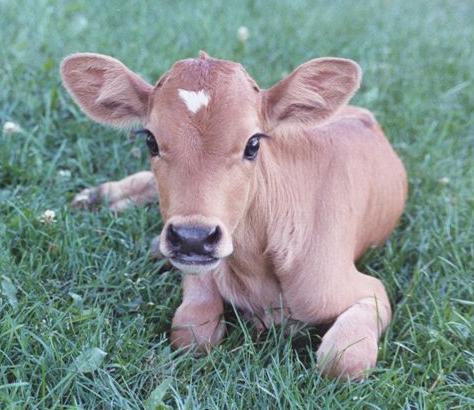I don't really care about that so much. What really gets me is when people displace their frustrations/anger about things beyond my control onto me. The face to face interactions don't really bother me much at all, and I think client communication is one of my fortes. But when people don't follow through with recommended follow up and then get mad that their pet didn't do well, or their expectations weren't met for some reason, etc ... It really stresses me out. A lot of it is the "what ifs" that really weighs me down. What if the pet pukes one more time and the owner doesn't go to the emergency hospital? What if the owner doesn't come back in with the bandage even when I call them to urge them? What if this mass removal forms a seroma? What if I didn't get deep enough margins on this mast cell tumor, should I have referred it? What if that root from the crown amputation doesn't completely resorb, did I read the X-ray wrong?
All of those things, if they were my own animals or animals in shelters, I wouldn't worry about because I'm okay with those risks and I'm okay with dealing with potential complications, and I know I'm doing right by the animal. I'm always upfront with owners about potential complications and all options and put it in my medical records so im covering my ass, but there are always people with selective hearing. At the end of the day it doesn't matter what I said to the client, it's partially my responsibility if they didn't completely understand everything, and once they're upset, they're upset and it's very stressful even if it doesn't turn into a board complaint or a lawsuit. The worrying over how clients will respond to outcome is so stressful for me, because sometimes there's no rhyme or reason to it. Bat**** crazy clients, and sometimes some very level headed clients get really upset unexpectedly over the weirdest thing. I feel like I'm always waiting for the other shoe to drop.
Once my loans are under control, and I have good clinical experience under my belt, I would really like to go back into shelter med, which is why I became a vet in the first place.
 . I just don't know how I will support and have time for all of that if I do equine vet med. The job market doesn't help either. If that isn't possible, I will change focus to pre-med (have been looking into human anesthesiology or maybe dentistry). Anyway, I just want some advice from maybe some equine vets on how they manage their families and horses and other pets if they have them.
. I just don't know how I will support and have time for all of that if I do equine vet med. The job market doesn't help either. If that isn't possible, I will change focus to pre-med (have been looking into human anesthesiology or maybe dentistry). Anyway, I just want some advice from maybe some equine vets on how they manage their families and horses and other pets if they have them.



